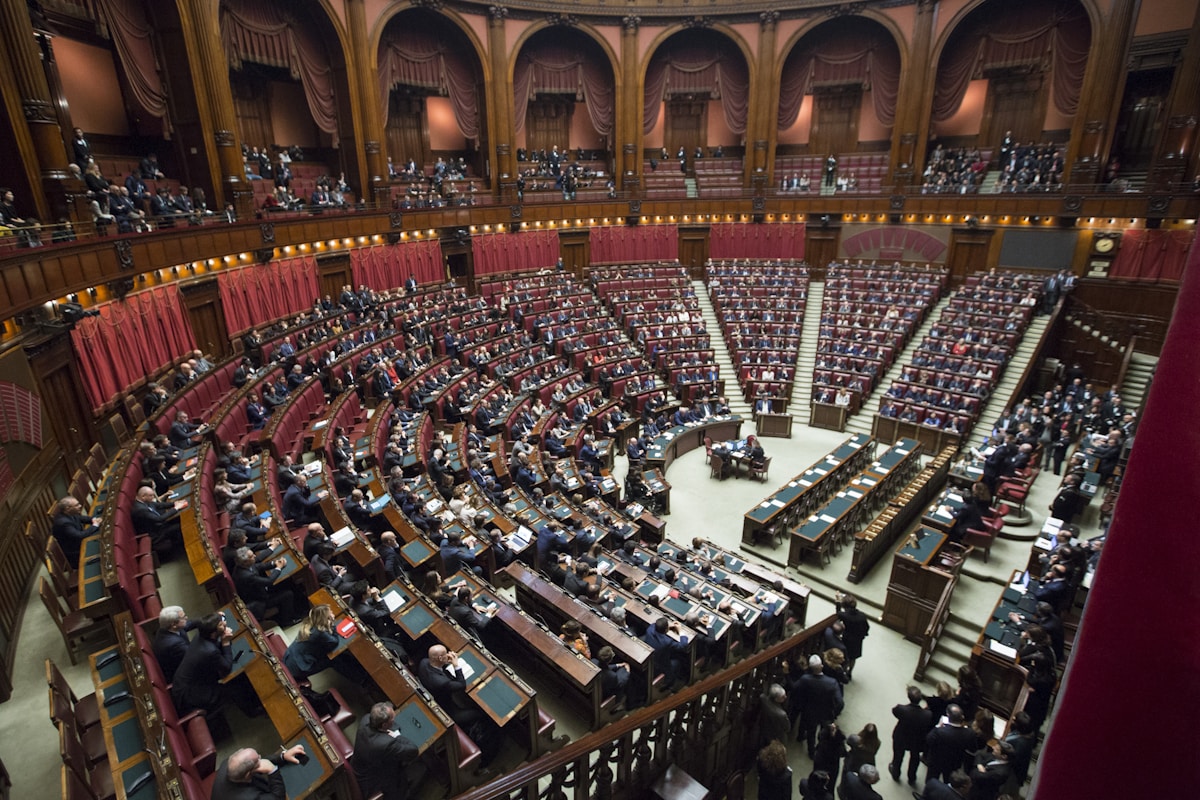Introduction
Pierre Bourdieu’s theoretical framework of capital—encompassing economic, cultural, social, and symbolic forms—has proven remarkably durable in analyzing social stratification and reproduction. This article examines how these concepts apply to contemporary digital society, where new forms of capital accumulation and conversion emerge through social media platforms and digital networks.
Forms of Capital in Digital Spaces
Bourdieu (1986) identified multiple forms of capital that individuals and groups accumulate and deploy for social advantage. In digital contexts, these forms manifest in novel ways:
Cultural Capital now includes digital literacy, coding skills, and the ability to navigate algorithmic systems. What Bourdieu termed “embodied cultural capital”—the knowledge and skills individuals possess—extends to understanding platform affordances, algorithmic curation, and digital content creation.
Social Capital transforms through networked connections. The number of followers, engagement rates, and network position on platforms like Twitter, LinkedIn, or Instagram constitute measurable forms of social capital that can be converted into other benefits.
Economic Capital remains fundamental but intersects with digital metrics through monetization opportunities, influencer economies, and platform-based income streams.
Empirical Evidence
Recent studies (van Dijck, 2013; Arriagada & Ibáñez, 2020) demonstrate how social media influencers strategically accumulate and convert various forms of capital. Influencers with high follower counts (social capital) leverage this for brand partnerships (economic capital), while their curated aesthetic and lifestyle content represent forms of cultural capital.
Research on professional networking platforms reveals similar dynamics. LinkedIn profiles with extensive connections, endorsements, and engagement demonstrate how traditional social capital translates to digital environments, often converting to career opportunities and economic benefits (Gandini, 2016).
Inequality and Digital Divides
Bourdieu’s framework illuminates persistent inequalities in digital access and participation. The “digital divide” encompasses not merely technological access but differential abilities to accumulate and convert digital forms of capital. Individuals from privileged backgrounds often possess greater initial cultural capital—education, aesthetic sensibilities, network access—that facilitates digital capital accumulation.
Algorithmic systems frequently amplify existing inequalities. Recommendation algorithms tend to favor content from already-prominent users, creating winner-take-all dynamics that parallel Bourdieu’s observations about social reproduction (Pasquale, 2015).
Methodological Considerations
Applying Bourdieu’s framework to digital contexts requires methodological adaptation. Traditional ethnographic approaches combine with digital methods—network analysis, platform data extraction, and computational techniques—to trace capital accumulation and conversion processes.
Researchers must navigate platform API limitations, data access restrictions, and ethical considerations regarding user privacy. Mixed-methods approaches—combining quantitative platform metrics with qualitative interviews and observations—provide richer understanding of how individuals experience and navigate digital capital dynamics.
Conclusion
Bourdieu’s conceptual toolkit remains invaluable for analyzing digital society, though requiring theoretical and methodological adaptation. As platforms evolve and new digital spaces emerge, continued empirical research examining capital dynamics proves essential for understanding contemporary social stratification and inequality.
References
- Arriagada, A., & Ibáñez, F. (2020). “You Need At Least One Picture Daily, if Not, You’re Dead”: Content Creators and Platform Evolution in the Social Media Ecology. Social Media + Society, 6(3).
- Bourdieu, P. (1986). The Forms of Capital. In J. Richardson (Ed.), Handbook of Theory and Research for the Sociology of Education (pp. 241-258). Greenwood Press.
- Gandini, A. (2016). Digital work: Self-branding and social capital in the freelance knowledge economy. Marketing Theory, 16(1), 123-141.
- Pasquale, F. (2015). The Black Box Society: The Secret Algorithms That Control Money and Information. Harvard University Press.
- van Dijck, J. (2013). The Culture of Connectivity: A Critical History of Social Media. Oxford University Press.

